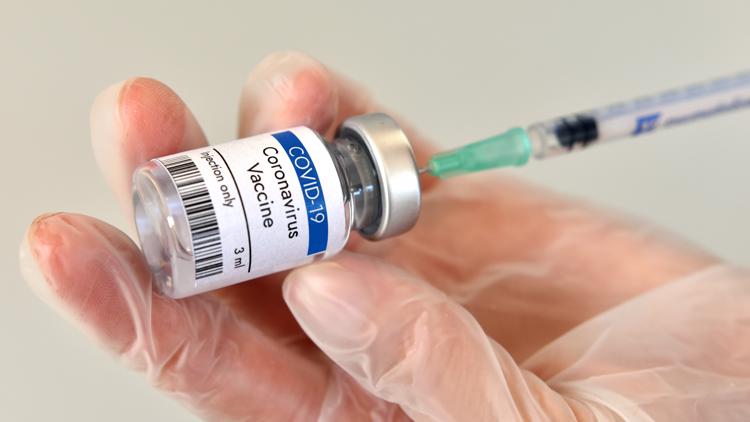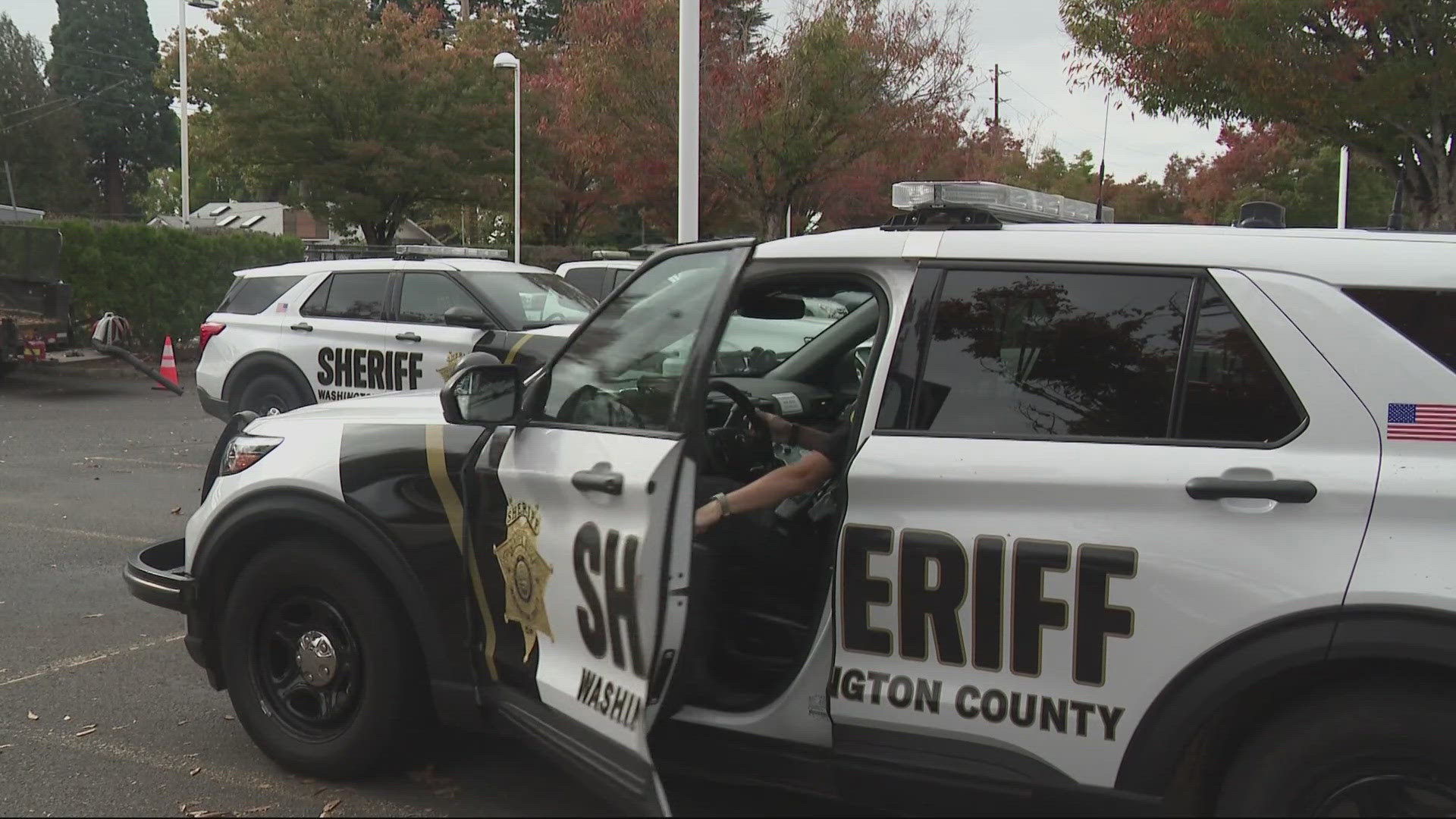PORTLAND, Ore. — Following the Food and Drug Administration's (FDA) approval of a third dose of COVID-19 vaccine for some immunocompromised people, Oregon Health Authority (OHA) has recommended the same.
On Aug. 12, the FDA adjusted the existing Emergency Use Authorizations (EUA) for the mRNA vaccines, which include Moderna and Pfizer. The EUA now allows some people who are moderately to severely immunocompromised to receive a third dose of Pfizer or Moderna.
OHA was careful to distinguish the difference between a "booster" and a "third dose." Boosters are typically given when immunity has waned, however, the third dose is recommended to help give further immunity to those who may not have formed as strong an immunity from the first two doses due to existing medical conditions.
“The country has entered yet another wave of the COVID-19 pandemic, and the FDA is especially cognizant that immunocompromised people are particularly at risk for severe disease,” said acting FDA Commissioner Janet Woodcock in an OHA press release. “After a thorough review of the available data, the FDA determined that this small, vulnerable group may benefit from a third dose of the Pfizer-BioNTech or Moderna vaccines.”
The FDA's definition of "immunocompromised individuals" was expanded to include people who:
- Are undergoing active treatment for solid tumor and hematologic malignancies
- Have received solid-organ transplant and are taking immunosuppressive therapy
- Have received CAR (chimeric antigen receptor)-T-cell or hematopoietic stem cell transplant (within two years of transplantation or are taking immunosuppression therapy)
- Have moderate or severe primary immunodeficiency (e.g., DiGeorge, Wiskott-Aldrich syndromes)
- Have advanced or untreated HIV infection
- Are undergoing active treatment with high-dose corticosteroids (i.e., ≥20mg prednisone or equivalent per day), alkylating agents, antimetabolites, transplant-related immunosuppressive drugs, cancer chemotherapeutic agents classified as severely immunosuppressive, TNF blockers, and other biologic agents that are immunosuppressive or immunomodulatory
RELATED: No, the additional COVID-19 vaccine shot for immunocompromised people is not a ‘booster shot’
A full list of qualifying conditions can be found here.
OHA said it is hopeful to have the revised immunization protocols for nurses and pharmacists out by close of business on Aug. 16.
It is recommended by the FDA that the third dose be administered at least 28 days following the second dose of a two-dose regimen for people 12 and older. A third dose of the Moderna vaccine can be given at least 28 days following the second dose to people 18 and older.
As for the Johnson & Johnson/Janssen vaccine, the FDA only recommends the third dose to people who have received Moderna or Pfizer. On its website, the Centers for Disease Control and Prevention (CDC) said:
The FDA’s recent EUA amendment only applies to mRNA COVID-19 vaccines, as does CDC’s recommendation.
Emerging data have demonstrated that immunocompromised people who have low or no protection following two doses of mRNA COVID-19 vaccines may have an improved response after an additional dose of the same vaccine. There is not enough data at this time to determine whether immunocompromised people who received the Johnson & Johnson’s Janssen COVID-19 vaccine also have an improved antibody response following an additional dose of the same vaccine.
It is recommended by both the CDC and OHA to check with your healthcare provider to see if you need a third dose.



